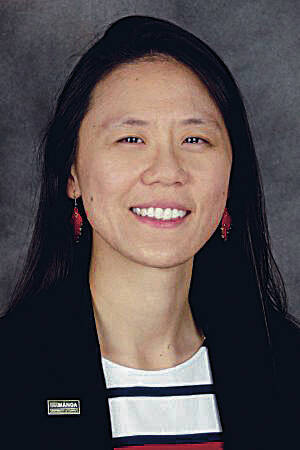The most recent drama around the University of Hawaii’s football coach selection offers a few lessons about when public scrutiny is counterproductive and hits upon a few key principles in human resources and public management.
While the drama around June Jones as coach will inevitably place UH as the center of blame, is it truly a fault that UH has not hired June Jones?
Of course, UH is everybody’s favorite punching bag. Perhaps more so than other public institutions, UH is under the public microscope due to its role in the management of various beloved sports teams, of which football is one, and all which serve as a source of mass entertainment and pleasure to Hawaii’s people.
But from a hiring administrator’s perspective, it’s worth remembering that negotiations of job terms are usually confidential. You might disagree with the terms that Jones declined, and you might even side with Jones based on what he posted publicly.
But think for a moment from UH’s shoes and perspective.
There is a certain order that must be followed in order for an institution to have a semblance of cohesion and rationality — regardless of the complaints, or what you think of the football coach’s boss, or his boss’s boss, or even the Board of Regents that ultimately governs UH.
For a candidate to go public with dissatisfaction regarding the negotiations would be tantamount to spitting in the face of your future boss.
Why would a supervisor hire a candidate that displays severe insubordination even before hiring? The supervisor will have lost all trust and faith in the candidate to serve on their team. The job is to join the UH team, and not the one-man team.
No coach or administrator is an island unto themselves. There is no such thing as a one-man team. Jonesing for recognition or fame (or whatever it is one wants) won’t work on a successful team. Surely, a football coach should know that as the first principle of what teamwork means. It’s not me-first. It’s we-first.
Don’t get me wrong. Whistleblowing and going to the media have important roles — especially if there is a legitimate offense or misuse of public funds. Public scrutiny of public institutions is absolutely essential for accountability and good performance.
But when such public drama, further stoked by the media, undermines the ability of the organization to function properly or its prescribed authority, it’s not only counterproductive, but it is also disrespectful.
There are plenty of things that the public should scrutinize about the UH — and any other public agency for that matter. But this issue of micro-processes of hiring is really not one worth spending even one more breath on.
Drama, of course, is very attractive and money-making for media and tabloids in particular. But the news and even other political leaders should not devolve into gossip. If values of aloha and respect can trump the value of profits over drama, then our society would be much better off.
If we love UH, we should rally and respect UH’s decision. If we can support UH’s leadership as much as we support UH football, we’ll heal and move forward, faster. At a minimum, the UH football team needs it, but also the entire university.
It does no one any good to go on and on about the drama. Let us aloha the new UH football head coach, Timmy Chang, and move on.
Victoria Y. Fan is an associate professor of health policy in the University of Hawaii at Manoa.

